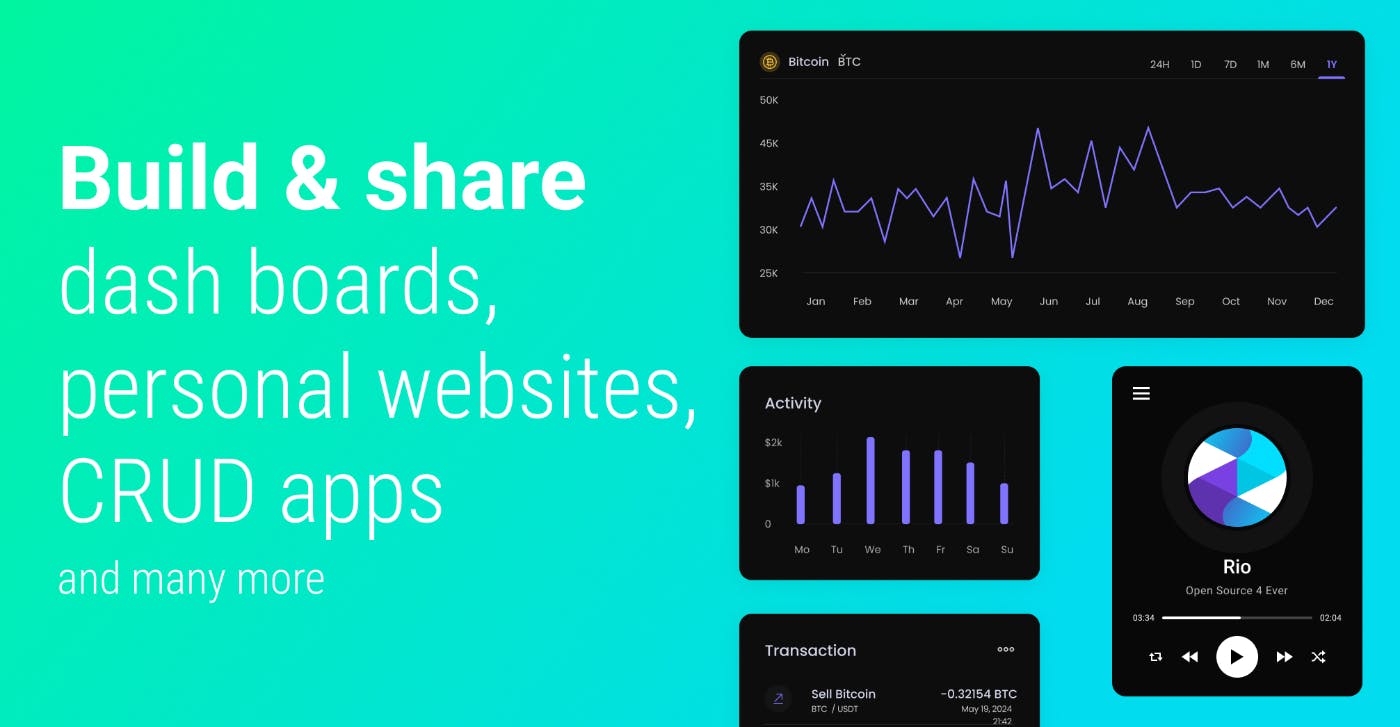1,242 reads
Rio: WebApps in Pure Python - No JavaScript, HTML, or CSS Needed!
by
May 29th, 2024
Audio Presented by

Hi,I'm David. Programming is my passion, and I hope that rio will make coding easier and more fun.
Story's Credibility

About Author
Hi,I'm David. Programming is my passion, and I hope that rio will make coding easier and more fun.
